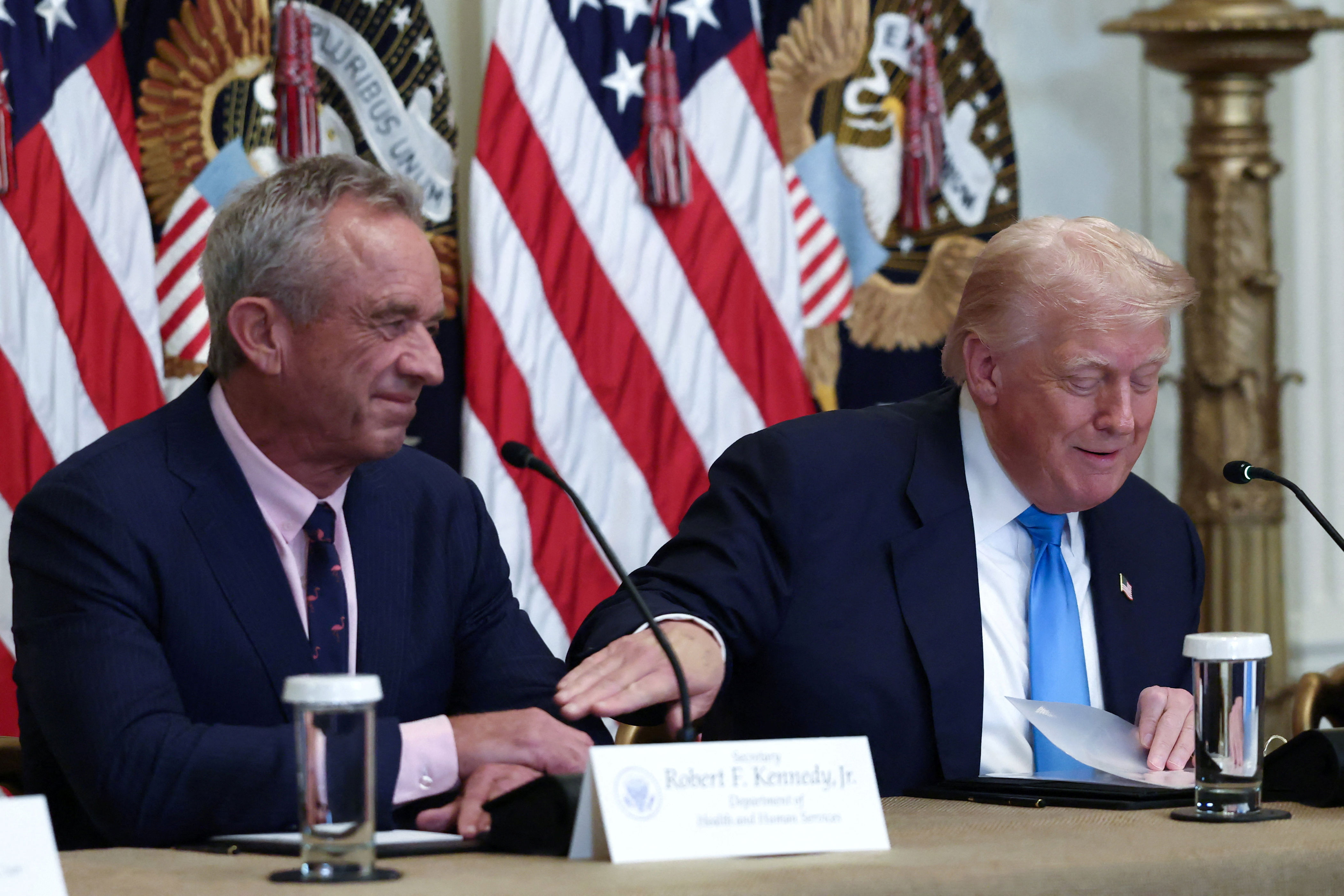Who Calls U.S. Ending mRNA Vaccine Contracts a Major Setback

The Impact of the US Decision on mRNA Vaccine Development
The decision by the United States government to terminate 22 federal contracts for mRNA-based vaccines has raised concerns among global health experts. The World Health Organization (WHO) has expressed its disappointment, highlighting the potential of this innovative technology in addressing public health challenges.
Joachim Hombach, a key figure in WHO’s immunization efforts, emphasized the significance of this move. He stated that mRNA vaccines have played a crucial role in combating the COVID-19 pandemic and hold great promise for future applications, including influenza vaccines. Hombach pointed out that the platform's adaptability makes it particularly valuable in responding to emerging threats.
Unlike traditional vaccines, which often use weakened or inactivated forms of pathogens, mRNA vaccines deliver genetic instructions to the body's cells. This prompts the cells to produce a harmless version of the pathogen, training the immune system to recognize and fight the real virus.
The US Department of Health and Human Services (HHS) announced the termination of these contracts, citing data indicating that mRNA vaccines are not effective against upper respiratory infections like COVID and flu. Robert F. Kennedy Jr., the current Health Secretary, has been instrumental in this decision, aligning with his long-standing skepticism towards vaccines.
Hombach, who serves as the executive secretary for the WHO’s strategic advisory group on immunization, urged continued research into mRNA vaccines. He described the move as unfortunate but noted that the technology's potential will likely ensure ongoing development globally.
This decision comes amid broader changes under Kennedy’s leadership, including a shift in policies related to vaccines, food, and medicine. Shortly after taking office, President Trump signed an executive order to withdraw the US from the WHO, a move that has sparked debate over the organization's role during the pandemic.
The Biomedical Advanced Research and Development Authority (BARDA), which supports the development of medical supplies, had previously invested billions in vaccine development during the pandemic. However, the recent wind-down includes the cancellation of a contract with Moderna for the development of a bird flu vaccine. Similar actions have been taken against other companies, including Pfizer, Sanofi Pasteur, CSL Seqirus, and Gritstone.
Kennedy claimed that the funding is being redirected toward safer and more effective vaccine platforms that can adapt to mutating viruses. However, no scientific evidence was provided to support this claim.
In total, the decision impacts 22 projects valued at nearly $500 million. The HHS stated that this action follows a comprehensive review of mRNA-related investments made during the pandemic. The move reflects a strategic shift in how the US approaches vaccine development and public health preparedness.
Post a Comment for "Who Calls U.S. Ending mRNA Vaccine Contracts a Major Setback"
Post a Comment